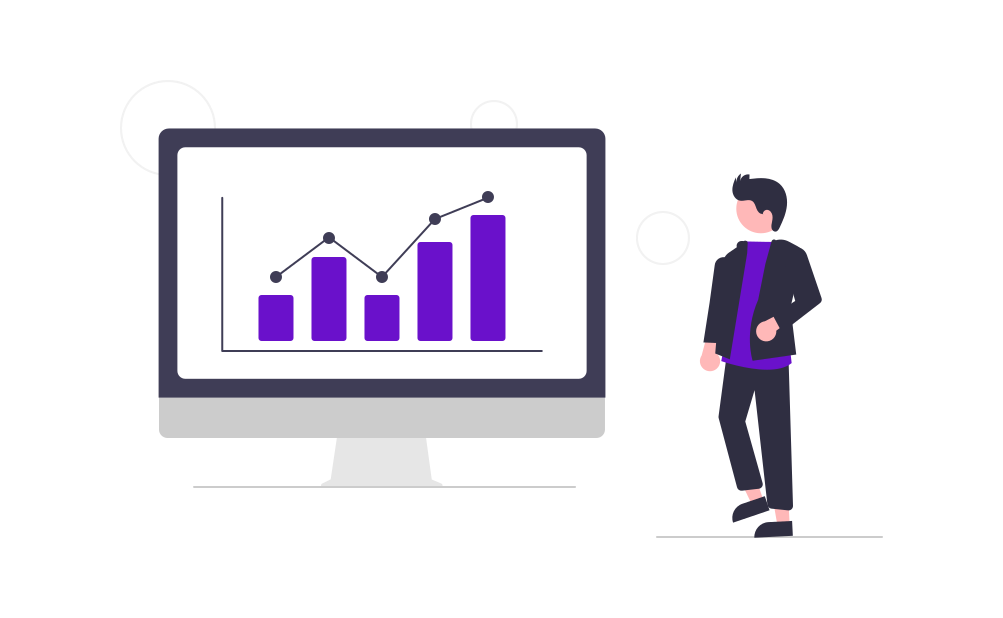In the fast-paced manufacturing industry, where efficiency and precision are paramount, marketing strategies have evolved to keep pace with technological advancements. One of the most transformative changes in recent years has been the adoption of AI-powered personalized marketing campaigns. These advanced campaigns not only enhance customer engagement but also significantly boost return on investment (ROI) by delivering tailored content that resonates with specific customer segments.
Understanding AI-Powered Personalized Marketing
Artificial Intelligence (AI) has revolutionized the way businesses approach marketing. It leverages data to understand customer behavior, preferences, and needs, enabling the creation of highly personalized campaigns. For manufacturers, this means moving beyond generic, one-size-fits-all marketing messages to deliver content that speaks directly to the unique requirements of different customer segments.
AI-powered personalized marketing involves several key components:
-
Data Collection and Analysis: AI tools can analyze vast amounts of data from various sources, including CRM systems, social media, website interactions, and sales data. This analysis helps to identify patterns, trends, and customer preferences that are crucial for crafting personalized messages.
-
Customer Segmentation: AI enables more precise segmentation by analyzing data on a granular level. This allows manufacturers to group customers based on specific attributes such as purchasing behavior, industry, or even geographic location. With these segments, manufacturers can create targeted campaigns that address the distinct needs of each group.
-
Tailored Content Creation: Once customer segments are defined, AI can assist in generating personalized content for each segment. This could include customized emails, targeted ads, or personalized landing pages that address the specific challenges and needs of each customer group.
-
Campaign Automation: AI not only helps in creating personalized content but also automates the delivery of these campaigns. Automated workflows can be set up to trigger personalized messages at the optimal time, ensuring that customers receive the right message when they are most likely to engage.
The Impact of Personalized Marketing on ROI
The primary goal of personalized marketing campaigns is to drive engagement by providing relevant content to each customer. When customers feel that a brand understands their needs and preferences, they are more likely to engage with the marketing material, leading to higher conversion rates.
For the manufacturing sector, this increased engagement translates directly into improved ROI. Here’s how:
-
Higher Conversion Rates: Personalized marketing messages are more likely to resonate with potential customers, leading to higher conversion rates. Whether it’s a personalized email campaign or a targeted ad, customers are more inclined to take action when the content speaks to their specific needs.
-
Reduced Marketing Waste: Traditional marketing approaches often involve a significant amount of waste, with messages being sent to uninterested audiences. AI-powered personalization ensures that marketing efforts are focused on the right audience, reducing waste and improving the efficiency of marketing spend.
-
Enhanced Customer Loyalty: By consistently delivering personalized experiences, manufacturers can build stronger relationships with their customers. Loyal customers are not only more likely to make repeat purchases but also tend to have a higher lifetime value, further boosting ROI.
-
Optimized Resource Allocation: AI can help manufacturers optimize their marketing resources by identifying the most effective channels and strategies. This ensures that marketing budgets are allocated to the areas that will generate the highest returns.
Overcoming Challenges in Implementing AI-Powered Marketing
While the benefits of AI-powered personalized marketing are clear, implementing such strategies in the manufacturing sector comes with its own set of challenges. However, with careful planning and execution, these challenges can be overcome.
-
Data Integration: One of the biggest challenges is integrating data from various sources to create a comprehensive view of the customer. Manufacturers must ensure that their data is clean, accurate, and accessible for AI tools to analyze effectively.
-
Technology Adoption: Implementing AI-powered tools requires investment in new technologies and training for staff. Manufacturers must be prepared to invest in both the technology itself and the training required to use it effectively.
-
Privacy Concerns: With increased personalization comes the need for robust data privacy measures. Manufacturers must ensure that they are compliant with all relevant data protection regulations and that customer data is handled securely.
-
Scalability: As manufacturers grow, their marketing needs will evolve. The AI tools and strategies implemented must be scalable to accommodate this growth, ensuring that personalized marketing efforts continue to be effective.
The Future of AI-Powered Marketing in Manufacturing
The use of AI in personalized marketing is still in its early stages, but the potential for growth is immense. As AI technology continues to advance, manufacturers will be able to create even more sophisticated marketing campaigns that are hyper-targeted and highly effective.
In the future, we can expect AI to play an even greater role in the manufacturing sector, driving not only marketing but also product development, customer service, and overall business strategy. By embracing AI-powered personalized marketing now, manufacturers can position themselves at the forefront of this technological revolution, ensuring they remain competitive in an increasingly digital world.
Conclusion
AI-powered personalized marketing campaigns offer a powerful way for manufacturers to boost ROI by delivering targeted, relevant content that resonates with their audience. While there are challenges to implementing these strategies, the benefits far outweigh the risks. By investing in AI technology and embracing personalized marketing, manufacturers can enhance customer engagement, optimize their marketing spend, and ultimately drive greater returns.


